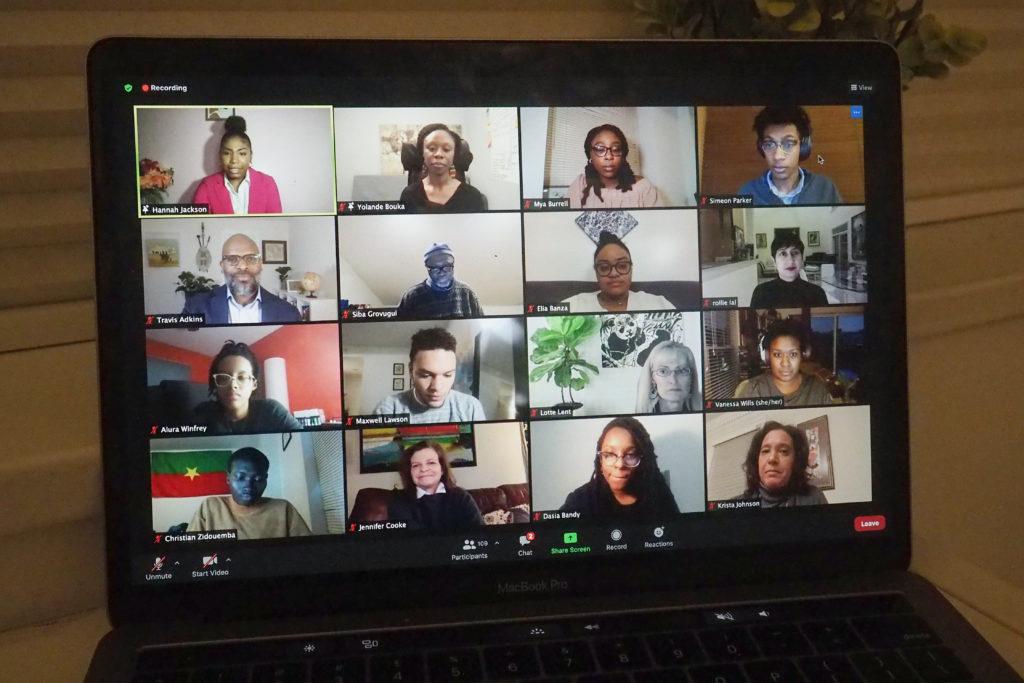Two student organizations collaborated to host a discussion on the perpetuation of racism in international affairs Thursday.
The virtual event featured several panelists who analyzed how people of color have historically been ignored, misrepresented and demonized in international affairs. Sophomore Hannah Jackson, the founder of the Young Black Professionals in International Affairs, moderated the event, which was hosted by YBPIA and the Black Student Union.
Yolande Bouka, an assistant professor at Queens University’s political studies department, said the typical international affairs student in North America is first introduced to three theories – realism, liberalism and constructivism. She said these theories have become unchallenged and normalized when studying international affairs.
Even when some students get to learn about other theories like post-colonial and feminist, Eurocentric ideas and “history as the West has written it” have already molded their mindsets, Bouka said.
“Intellectual points of departures are formed in a way to make us believe that the history of international relations as we know it or as we are being taught is actually an objective history,” Bouka said. “It’s a history that’s a common understanding, regardless of where we come from and regardless of what type of intellectual orientation we have, when in reality, it’s not.”
Vanessa Wills, an assistant professor of philosophy at GW, said people often view individuals who aren’t of European descent with certain false conceptions. She said recognition that marginalized people have the power to direct their own lives and futures is missing in the analytical frameworks of international affairs.
“People of color around the world are thought of as being less rational, child-like, standing outside of history, right, not actually being capable of acting in the world or in humanity in the way that people of European descent are,” Wills said. “This is oftentimes really baked into some of these core theories that animate a lot of our work.”
Travis Adkins, a lecturer of African and security studies at Georgetown University, said international relations theory is a Western enterprise that defines the world after the subjugation of Black and Brown people through violence.
Adkins said the same nations who were behind the transatlantic slave trade are the ones who today hold the power to give foreign assistance and to decide who deserves their help. He said these countries try to ignore the massacres and colonization that took place in history and instead tries to “move forward a kind of humanistic liberalized agenda.”
“The global north and global south is really a metaphorical heaven and a metaphorical hell – one above, one below, one that is the envy of the world, one that needs to be saved from itself,” Adkins said. “So I think this enterprise, one of the reasons that it ignores these things is because if you include the plundered, you have to say who plundered them. If you include the marginalized, then that leads to a course of study about how they became marginalized.”
Siba Grovogui, a professor of international relations theory and law at Cornell University, said the Black Lives Matter movement has given the public the authorization to use certain vocabulary in reference to the United States.
Grovogui said the term “failed state” can now be applied to the United States in light of the racism prevailing within it, arguing that being a failed state goes beyond lacking the resources to support one’s people.
“It is when the social compact upon which a country built has consistently failed a category of people,” he said. “If it’s a failed state, then the people who are subject to its failure have to be protected and all have to get into the fight against racism.”








